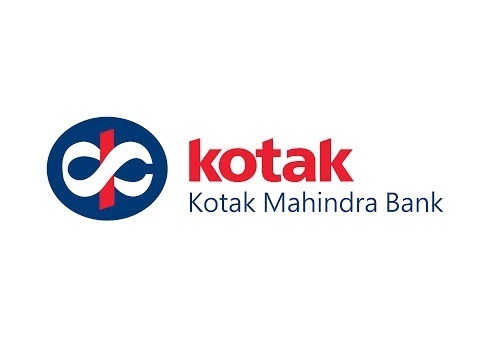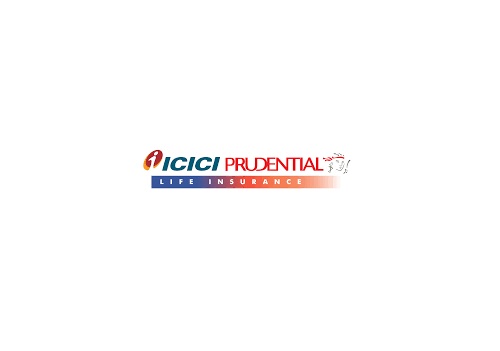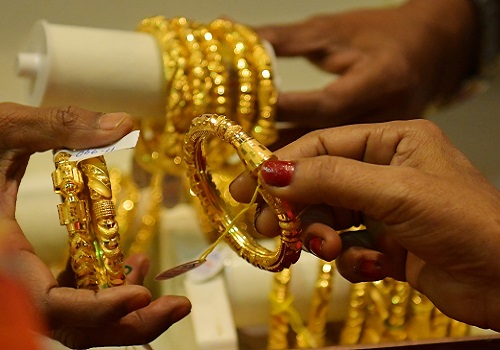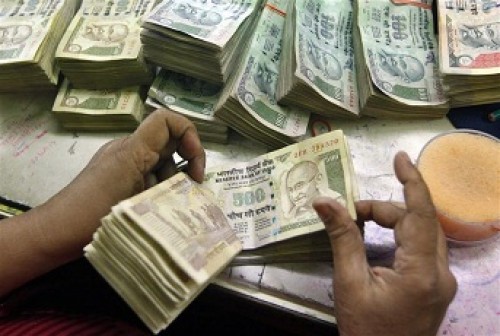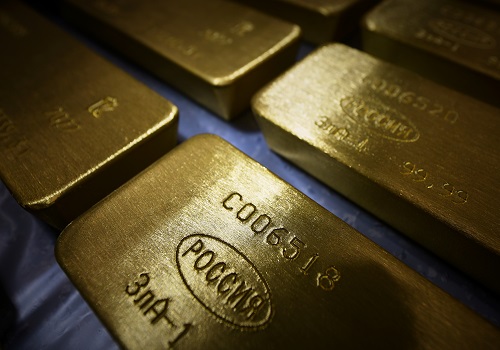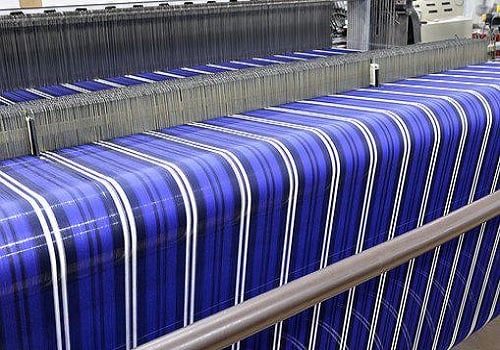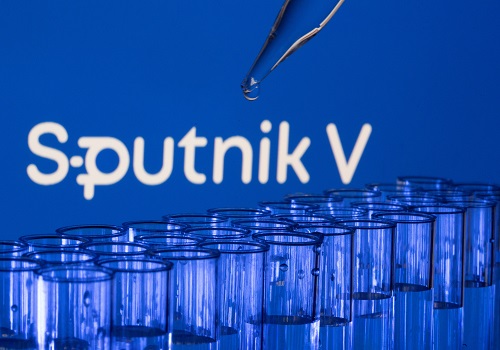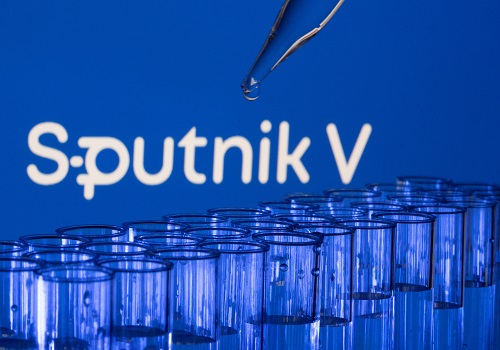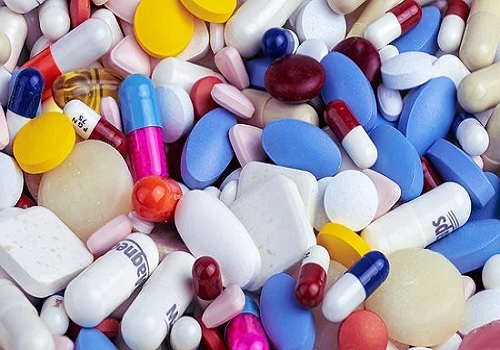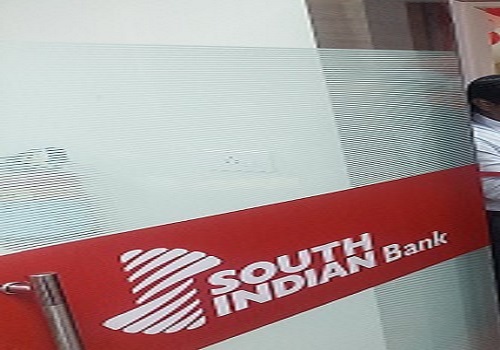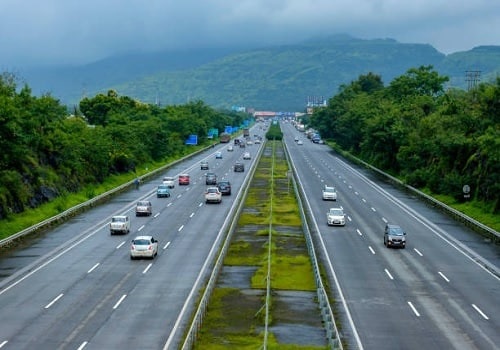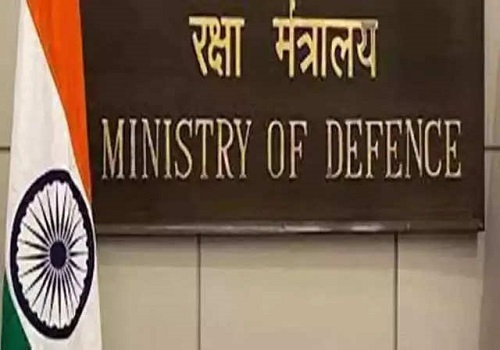India`s Panacea Biotec jumps 9% on manufacturing licence for Sputnik V vaccine

Follow us Now on Telegram ! Get daily 10 - 12 important updates on Business, Finance and Investment. Join our Telegram Channel
https://t.me/InvestmentGuruIndiacom
Download Telegram App before Joining the Channel
BENGALURU- Shares of India's Panacea Biotec Ltd climbed as much as 9% in early trade on Monday, a day after the biotech company said it had received a manufacturing licence for the Sputnik V vaccine.
India has shifted its focus to mass immunisations as experts warn of a looming third wave of the coronavirus pandemic as the country slowly reopens and a new variant, locally called the Delta Plus, emerges.
By July 2, 6% of all eligible adults in India had been inoculated with the two mandatory doses, data from the government's Co-Win portal showed.
Official coronavirus death toll topped 400,000 last week, though experts say the actual number could have reached one million or even higher.
India is the world's second-worst coronavirus-hit country after the United States.
Panacea Biotec said on Sunday the Indian drugs regulator granted the licence following the company's collaboration with the Russian Direct Investment Fund (RDIF), Russia's sovereign wealth fund which markets the shot internationally.
The licence is for batches of Sputnik V produced at its facilities at Baddi, Himachal Pradesh, the company said in a statement. These batches were earlier shipped to the Gamaleya Center in Russia for quality checks.
Sputnik V received emergency use authorisation in India in April this year. Sputnik V is a two-dose shot, which has been found to be 91.6% effective in preventing people from developing COVID-19.
So far, India has approved four vaccines - AstraZeneca and partner Serum Institute of India's Covishield, Bharat Biotech's Covaxin, Moderna's shot and the Sputnik V.
Panacea Biotec began production of the vaccine in May-end, and the company plans to produce 100 million doses annually, RDIF said in April.
(Reporting by Vishwadha Chander in Bengaluru; Editing by Subhranshu Sahu)
